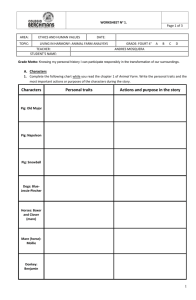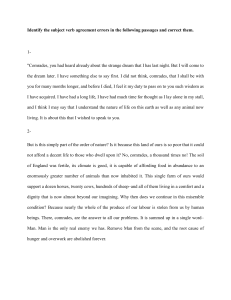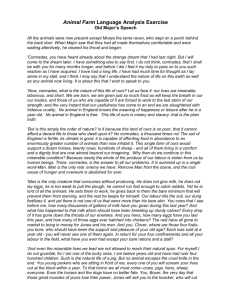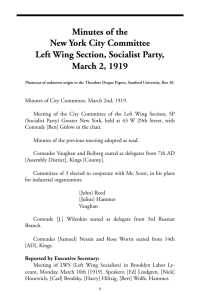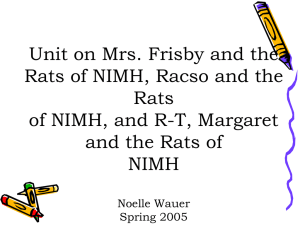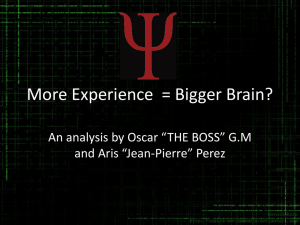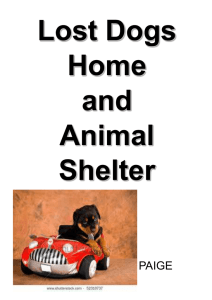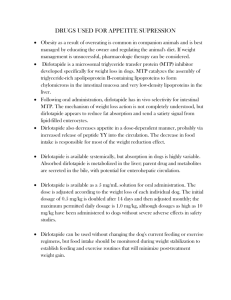OLD MAJOR STARTS A REBELLION
advertisement
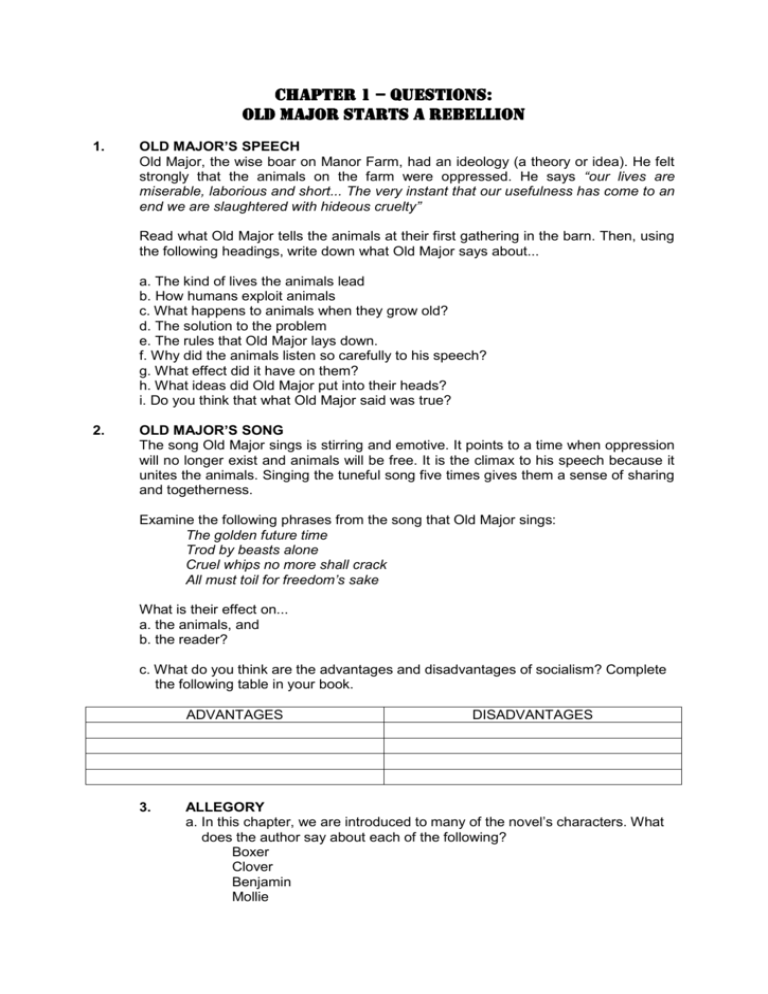
CHAPTER 1 – questions: OLD MAJOR STARTS A REBELLION 1. OLD MAJOR’S SPEECH Old Major, the wise boar on Manor Farm, had an ideology (a theory or idea). He felt strongly that the animals on the farm were oppressed. He says “our lives are miserable, laborious and short... The very instant that our usefulness has come to an end we are slaughtered with hideous cruelty” Read what Old Major tells the animals at their first gathering in the barn. Then, using the following headings, write down what Old Major says about... a. The kind of lives the animals lead b. How humans exploit animals c. What happens to animals when they grow old? d. The solution to the problem e. The rules that Old Major lays down. f. Why did the animals listen so carefully to his speech? g. What effect did it have on them? h. What ideas did Old Major put into their heads? i. Do you think that what Old Major said was true? 2. OLD MAJOR’S SONG The song Old Major sings is stirring and emotive. It points to a time when oppression will no longer exist and animals will be free. It is the climax to his speech because it unites the animals. Singing the tuneful song five times gives them a sense of sharing and togetherness. Examine the following phrases from the song that Old Major sings: The golden future time Trod by beasts alone Cruel whips no more shall crack All must toil for freedom’s sake What is their effect on... a. the animals, and b. the reader? c. What do you think are the advantages and disadvantages of socialism? Complete the following table in your book. ADVANTAGES 3. DISADVANTAGES ALLEGORY a. In this chapter, we are introduced to many of the novel’s characters. What does the author say about each of the following? Boxer Clover Benjamin Mollie b. Why does Old Major use the term ‘comrades’ c. What do you think is the most important statement Old Major makes about humankind? Justify your answer. d. What is a slogan? Write down the slogan Old Major uses. e. One of the main ideas in the speech is the tyranny of humankind. The following words of Old Major add emotive impact to the speech. They highlight the theme of humankind’s tyranny: are forced to work, cruel knife and bare minimum. Find other phrases that emphasise this. 4. SATIRE And among us animals let there be perfect unity, perfect comradeship in the struggle. All men are enemies. All animals are comrades." At this moment there was a tremendous uproar. While Major was speaking four large rats had crept out of their holes and were sitting on their hindquarters, listening to him. The dogs had suddenly caught sight of them, and it was only by a swift dash for their holes that the rats saved their lives. Major raised his trotter for silence. "Comrades," he said, "here is a point that must be settled. The wild creatures, such as rats and rabbits--are they our friends or our enemies? Let us put it to the vote. I propose this question to the meeting: Are rats comrades?" The vote was taken at once, and it was agreed by an overwhelming majority that rats were comrades. There were only four dissentients, the three dogs and the cat, who was afterwards discovered to have voted on both sides a. Explain the discrepancy between the ways the dogs behave and what Old Major has just said. b. Why would the dogs oppose the motion that all animals are equal? (Consider the characteristics of dogs here.) c. The cat votes both for and against the motion. What satirical point is Orwell making about the nature of cats? d. How does the incident undermine the slogan that all animals are equal? e. To what basic flaw in human nature is Orwell referring in his description of the above incident?
